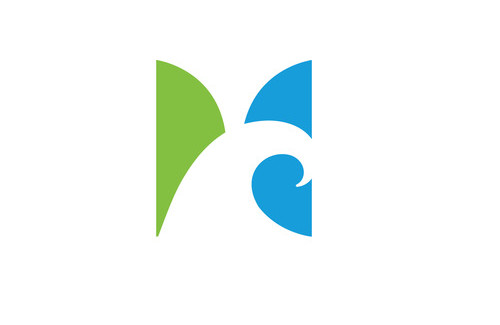
PROVIDENCE – Rhode Island’s unsubsidized premium prices for low-cost individual health plans to be sold on the state exchange will be some of the lowest in New England. But when federal subsidies, which will lower costs for a significant number of people shopping on the exchanges, are taken into account, Rhode Island’s prices are comparable to its New England neighbors.
On the exchange, plans will be organized into five cost-sharing tiers (catastrophic, bronze, silver, gold, and platinum). Unsubsidized premiums for the lowest-cost bronze plan — which will cover about 60 percent of an enrollee’s health care costs — and for the second-lowest cost silver plan — which will cover about 70 percent of costs — will be less expensive in Rhode Island than in the other New England states for which rates are currently publicly available, according to a recent Kaiser Family Foundation report. The report offers an early look at premiums for the District of Columbia and 17 states, including Rhode Island, Connecticut, Maine and Vermont.
For example, a 25-year-old Rhode Island resident earning $28,725 can expect to pay $165 a month for the lowest-cost bronze plan before subsidies are taken into account. But if that same individual lived in Connecticut, he or she would pay almost $20 more per month. A 60-year-old purchasing the same plan would pay $446 a month in Rhode Island, but almost $50 more in either Connecticut or Maine.
Vermont does not allow insurers to vary premium prices by age, and for this reason, its prices are significantly higher, according to the report.
Unsubsidized exchange premiums vary from state to state because of differences in the cost of health care and market competition, among other reasons, according to the report.
However, most people obtaining coverage from the exchange are expected to be eligible for income-based federal tax credits to offset monthly premium costs. Individuals earning up to 400 percent of the poverty level – $45,960 a year for a single person and $94,200 for a family of four — are eligible for the tax credits. Tax credits are calculated from the cost of the second-lowest silver plan available, but can be applied to any coverage tier.
When tax credits are taken into account, Connecticut’s lowest-cost bronze plans will be less expensive than Rhode Island’s by less than $20 per month.
Silver premiums are the same across states after tax credits because the law limits what percentage of an enrollee’s income he or she must spend on coverage. For example, an individual making about 250 percent of the federal poverty level can expect to pay about 8 percent of his or her income – or $193 a month — for the lowest-cost silver plan, no matter what state he or she lives in.
When the state exchange opens Oct. 1, Rhode Islanders will have four silver plans and three bronze plans to choose from. According to the report, the two-lowest cost silver plans and the lowest-cost bronze plans were Blue Cross & Blue Shield of Rhode Island offerings.
Subsidies will significantly reduce costs. For example, before subsidies are taken into account, a 40-year-old couple with two children who earn a combined income of $60,000 might be charged $877 a month for a silver plan. But after subsidies, this premium is reduced to $409. For a 60-year-old couple earning $30,000, subsidies will reduce monthly costs from $1,244 to $150 for a silver plan. That same couple would pay nothing if they opt for a bronze plan, because their federal premium subsidy will exceed that plan’s monthly cost.
While some states are divided into different rating areas, across which premium prices vary, Rhode Island has a single rating area. Some plans, however, may be unavailable in certain regions, according to the report.













?????? My last pay check was $8500 working 10 hours a week online. My younger brother friend has been averaging 12k for months now and he works about 22 hours a week. I can’t believe how easy it was once I tried it out. This is what I do, ???????? JOBS70.com
??????????Character cannot be developed in ease and quiet. Only through experiences of trial and suffering can the soul be strengthened, vision cleared, ambition inspired and success achieved.